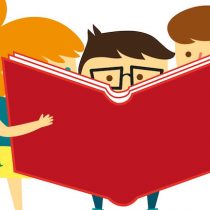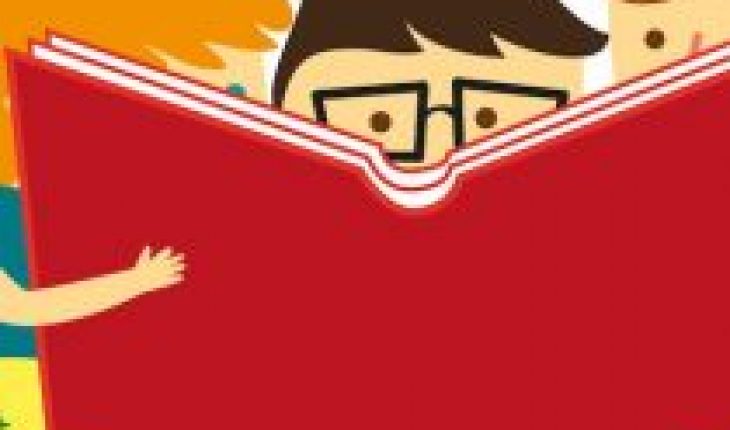
Unesco informs us that with the global pandemic, 100 million children joined the 483 million who no longer had sufficient reading skills. That is, they could not read simple texts in a comprehensive way. It was expected to fall in 2020 to 460 million, Unesco tells us, but contrary, the problem was aggravated by the unexpected situation of school closures, and the difficulty of teaching and developing literacy with early primary school students remotely.
Beyond the pandemic, these figures are surprising. Why is reading a skill that is not so easily achieved? What happens in our schools that a significant number of students fail to learn to read comprehensively?
Reading is a skill that involves several dimensions of learning. First, the linguistic and cognitive dimension, which involves learning the alphabetic system, that is, to recognize and segment the sounds of words and associate them with symbols that are letters. This task is very difficult for schoolchildren, because it requires a phonological awareness and a working memory, still incipient. It also requires an ever-widening mastery of vocabulary, i.e. word knowledge in its form and meaning, because this will help children decode and understand the words they read. Developing this linguistic and cognitive dimension is the fundamental task of teachers. It is in school that students must work tirelessly to master the alphabetic system and maximize their oral and written vocabulary.
But there is also a cultural dimension, perhaps as important as linguistic and cognitive, which we have just outlined. This involves fundamentally the social assessment of reading, that is, to perceive that reading is useful and important and that, moreover, it is entertaining and produces pleasure. Current studies show with insistence that children and adolescents who have seen their parents or family members read at home or who have models of people reading at school or in the community are the ones who manage to have reading habits and greater reading comprehension skills.
On the other hand, it is essential that there are many different types of written texts accessible to students. But not just printed texts; digital texts, which often combine verbal, visual and auditory language, are also interesting opportunities to read and practice their reading skills.
For this reason, the figures reported to us by Unesco are a call of attention to the school and society as a whole. Reading and writing teaching methodologies that primary education teachers can use are not sufficient. It is also essential that school managers, teachers from other subjects, paradocent staff and family members are reference readers, that is, that they read and show with facts that reading is useful, entertaining and generates great pleasure.
The content poured into this opinion column is the sole responsibility of its author, and does not necessarily reflect the editorial line or position of El Mostrador.





